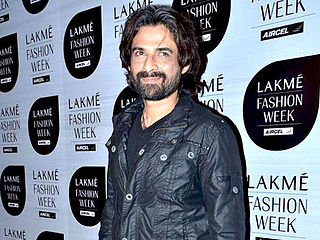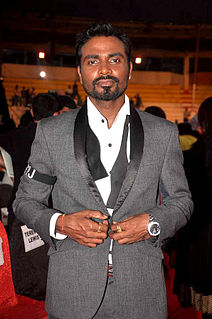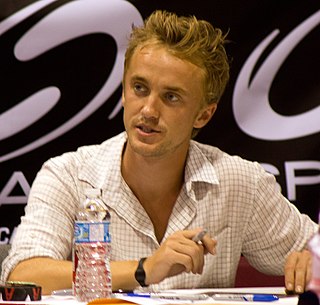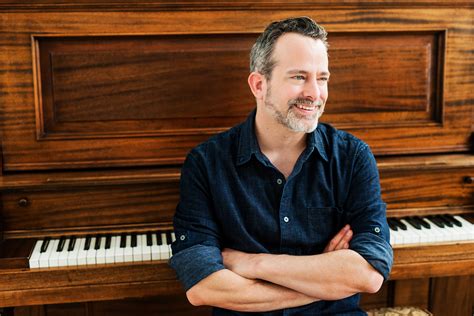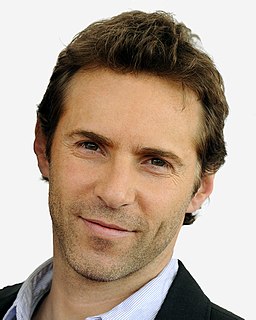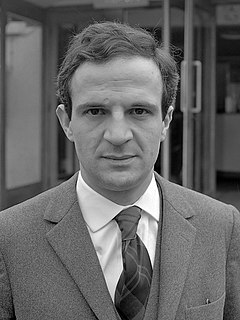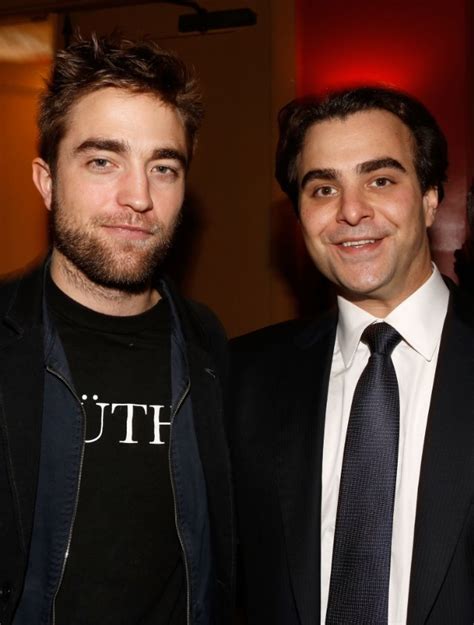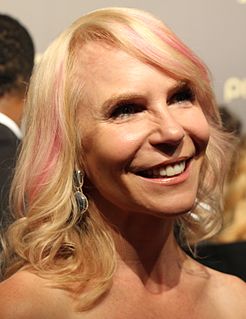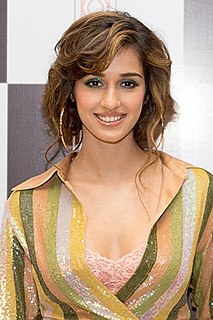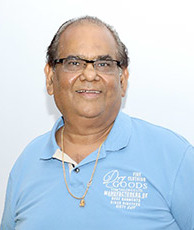Top 1200 Film Writing Quotes & Sayings - Page 3
Explore popular Film Writing quotes.
Last updated on December 18, 2024.
To the question of writing at all we have sometimes been counselled to forget it, or rather the writing of books. What is required, we are told, is plays and films. Books are out of date! The book is dead, long live television! One question which is not even raised let alone considered is: Who will write the drama and film scripts when the generation that can read and write has been used up?
African films should be thought of as offering as many different points of view as the film of any other different continent. Nobody would say that French film is all European film, or Italian film is all European film. And in the same way that those places have different filmmakers that speak to different issues, all the countries in Africa have that too.
There is something that might be called cinematic beauty. It can only be expressed in a film, and it must be present for that film to be a moving work. When it is very well expressed, one experiences a particularly deep emotion while watching that film. I believe that it is this quality that draws people to come and see a film, and that it is the hope of attaining this quality that inspires the filmmaker to make his film in the first place.
That's one thing brands are understanding is, I'm the blogger who's not writing about fashion. I'm not writing about beauty. I'm not writing about gossip. I'm not writing about politics. I'm writing about all of that. I'm the person they can come to if they just want to reach people who care and have their fingers on pop culture.
It's not often I get to do a film that turns out good. Plus, there just aren't that many great directors out there. There are a thousand different decisions that need to be made with each script and it's the good directors that can make those decisions. It's a long and complicated process in regards to what looks good on paper. Working on a bad film can be fun too. It can be a good exercise that gets you writing.
With The Exorcist we said what we wanted to say. Neither one of us view it as a horror film. We view it as a film about the mysteries of faith. It's easier for people to call it a horror film. Or a great horror film. Or the greatest horror film ever made. Whenever I see that, I feel a great distance from it.
I made films with my brothers and my cousins and if any of the films ever come to fruition my career will be in ruins because the acting, writing, and directing is so unbelievably, heinously bad. We once screened one for my grandfather, this film that we had painstakingly made over a couple of days when we were all 10 years old, and he sat there and he said, "This is the worst film I've ever seen." No sympathy whatsoever.
To me, a revolutionary film is not a film about a revolution. It has a lot more to do with the art form. It's a film that is revolting against the old established language of cinema that had been brainwashing the people for decades. It is a film that is trying to find ways to use sound and image differently.
Silence Of The Lambs? is a ?fantastic? film. It's a horror film, and it's an incredibly well-told film that is about point of view in such a unique way. The way that film is shot, the way the eyelines are so close, if not directly into camera, betrays an intimacy with the characters and the audience.
That's such a big part of film scoring that people don't realize. There's a portion of film scoring that's writing the music, but a lot of it is how do you get along with the guy you're working with, how do you interpret what he wants? It's so subjective, you know? Your version of sad is probably different than my version of sad. It's my job to figure out what your vision of sad looks like.
In the case of my second film The Fish Child (El Niño Pez), I had written the novel about 5 years before I made into a film. In the case of The German Doctor I had published the novel a year before I started writing the script, I even had another project to shoot. But I had this idea of the powerful cinematic language from the novel that I couldn't let go of.
I've always known that I've wanted to write, but I always saw myself doing that in the context of something other than film, so it was a really beautiful and kind of perfect moment in my life when I realized that I could combine this idea of wanting to write and tell my own stories with the environment I had grown up in and knew well - that I could make film as opposed to writing being a departure from what I knew.
When I wrote Wakolda at first I wasn't conscious that I was writing about something so close to or that had so many similar elements with XXY. It was just after I was done writing that I noticed it. I think both teenagers in each film have many similarities, and Mengele is the extreme version of the plastic surgeon in XXY. Both stories definitely have several ideas connecting them.





